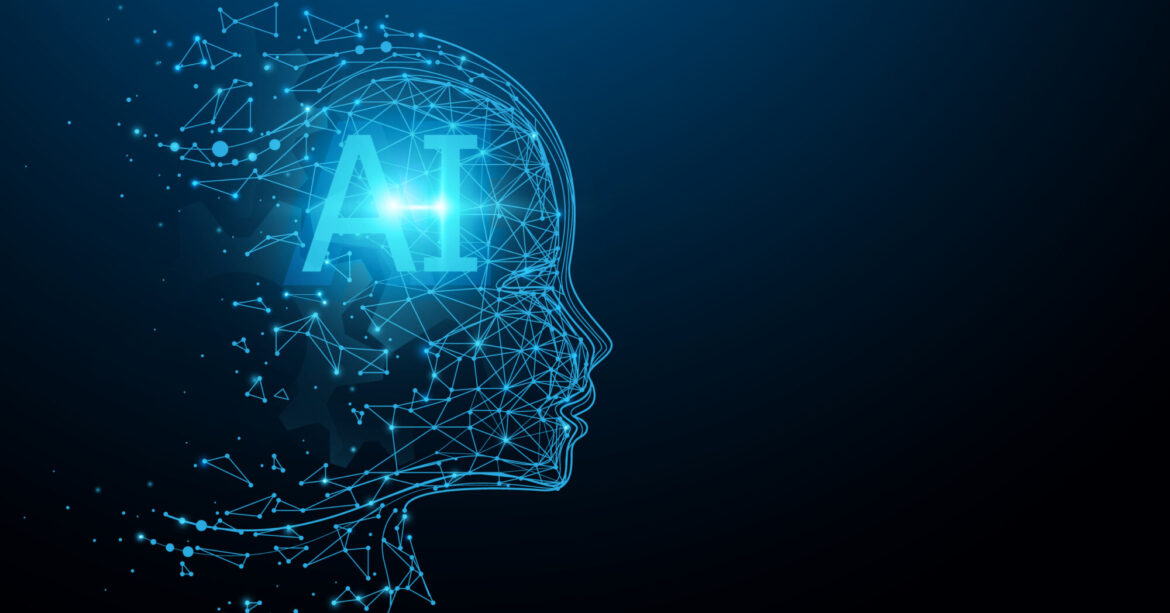From Fantasy to Reality: The Evolution of AI in Marketing
What do you know about AI? That it’s some robot getting ready to take over the world? That it’s a science fiction fantasy? It could not be a part our reality. It could not be real – or could it?
AI’s Journey
AI might seem like an abstract concept, a mere fantasy, but the truth is that AI is not some distant dream, in fact the newest generation of technology is rooted in AI. It started off with virtual assistants like Siri and Alexa.
We all remember when asking Siri how she was and getting a unique, personalised response every single time was the most exciting thing about. Or better yet, asking her to rap and receiving a comically awful attempt in used to make us laugh until our stomachs hurt. Those were the early days, and AI’s potential seemed intriguing, yet limited. At that time, AI was like a curious child, still learning to understand our world and our language.
But technology evolves day in day out, much like we do, and now we’re not just limited to a vague conversational capacity where AI’s memory is more short-term than our grandmothers.
Fast forward to today, AI has evolved by leaps and bounds. It’s no longer confined to limited, predefined responses or comically failed rap attempts. Now, AI can engage in deep, ongoing conversations, comprehend context, and provide intelligent, context-aware answers. It’s transitioned from a simplistic question-and-answer interface to a versatile, context-aware assistant that is transforming how we interact with technology and the role that it plays in our everyday lives. It’s a testament to the rapid progress technology has made, but we must question – are we going to take advantage of this innovation or continue to muck about with it?
AI’s Impact on Marketing
AI has innovated the world of IT – obviously. From optimizing cybersecurity to automating routine tasks, AI has left an indelible mark. It has the power to analyse vast datasets in minutes, a task that would take humans hours or even days to complete. With AI, data processing and pattern recognition are not just faster; they are more accurate and efficient. This means less time spent on repetitive tasks and more time dedicated to innovative problem-solving.
But lesser known is the fact that it’s revolutionising marketing. A traditionally creative field with AI? But wouldn’t that risk marketers’ jobs? That’s where you’re wrong, AI has allowed marketers to better focus on what they do best – being creative. Tasks that once consumed vast amounts of time, such as data analysis, trend identification, and report generation, can now be handled seamlessly by AI. Data crunching is now a thing of the past, and if you’re still doing this, you’ve got to question, are you really making the best of the new world at your fingertips? Or are you living in the past?
We’ve got companies already swooping in and taking advantage – companies such as Robotic Marketer, where we’re not just automating one aspect of the marketing strategies, but the whole bloody thing.
The Role of Robotic Marketer
Robotic Marketer is at the forefront of AI-driven marketing innovation. It represents the changing face of marketing in the digital age. With an AI-powered tool like Robotic Marketer, marketers are no longer bound by the tedious, time-consuming tasks that once held them back. The tool analyses data, identifies trends, and generates personalized marketing strategies that align perfectly with your client’s goals and resources. We now have access to a tool with which we can have an open-ended conversation, welding it to do our bidding – rather than the other way around.
AI isn’t the world-dominating robot portrayed in the books and movies from our childhood, it’s giving us our time back by taking up the mundane work that we’ve been doing for years – it’s allowing us to be more humane, more creative. So, the question we must all ask ourselves is this: are we ready to embrace the opportunities AI offers, or will we let it evolve and, in the process, leave us behind? The choice is ours, and the time is now.


